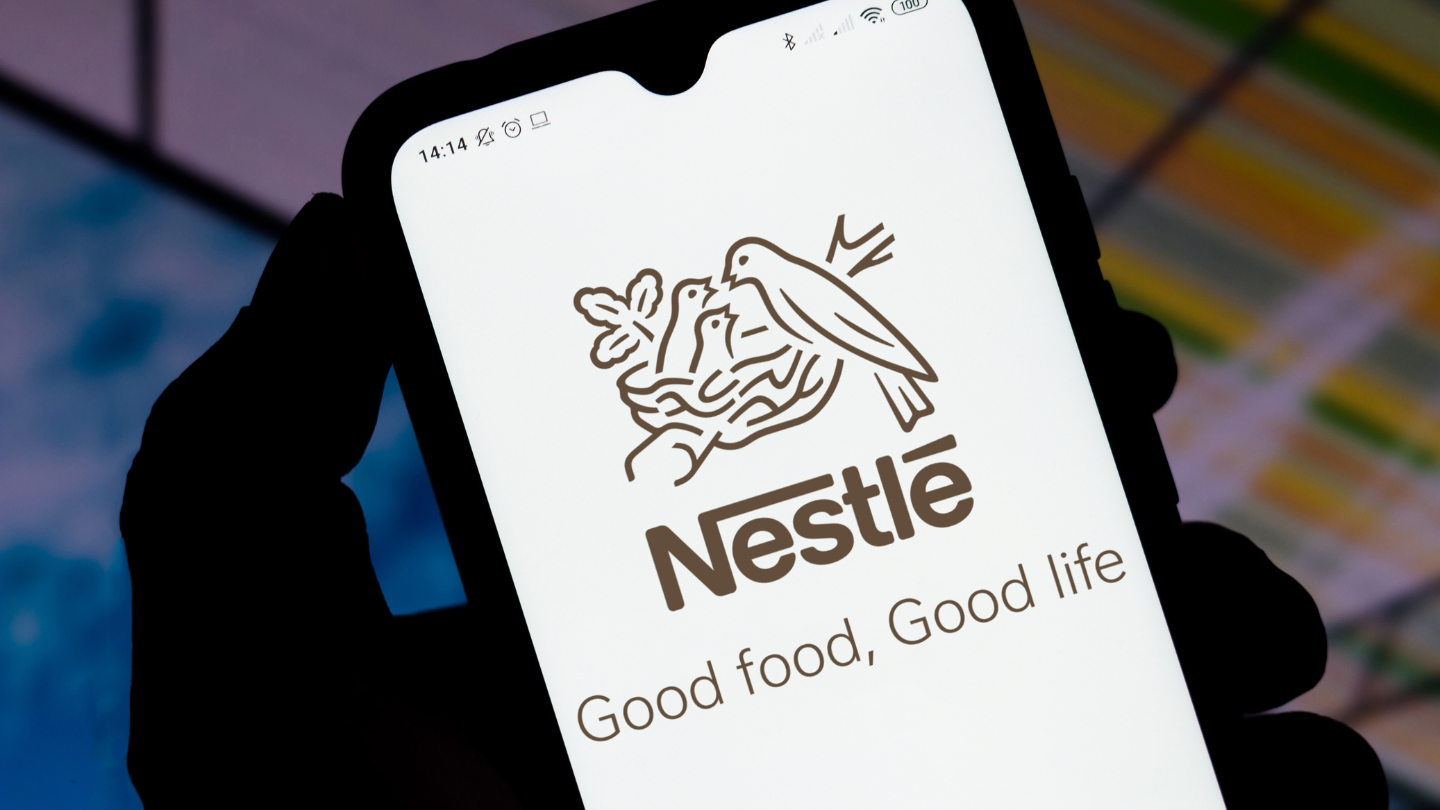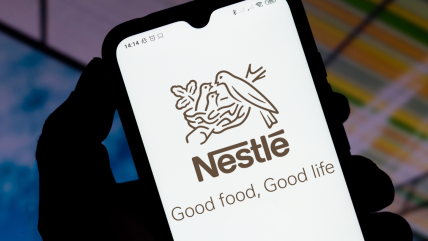

A coalition of Nestlé shareholders has filed a resolution demanding the Swiss giant to “dramatically improve” how much healthy food it sells.
The investors, co-ordinated by investment lobby group ShareAction, have challenged Nestlé to set an internationally accepted target to increase the proportion of its sales from healthier products.
The demand comes as 70% of Nestlé’s sales in the UK are from foods that are high in fat, salt and sugar, according to research by Oxford University and BiteBack.
Investors with $1.68tn in assets under management, including Legal and General Investment Management, are supporting the resolution, which will be voted on at Nestlé’s AGM on 18 April.
Catherine Howarth, chief executive at ShareAction, said: “Nestlé is the biggest food company in the world and has an enormous influence on billions of people’s diets and lives through the products it makes, advertises and sells to us.
“While the company claims in its mission statement that its products have ‘the power to enhance lives’, in reality, three-quarters of Nestlé’s global sales are unhealthy products containing high levels of salt, sugar and fats.
Access the most comprehensive Company Profiles
on the market, powered by GlobalData. Save hours of research. Gain competitive edge.

Company Profile – free
sample
Your download email will arrive shortly
We are confident about the
unique
quality of our Company Profiles. However, we want you to make the most
beneficial
decision for your business, so we offer a free sample that you can download by
submitting the below form
By GlobalData
“As Nestlé has consistently failed to set out how it will shift the balance of its sales towards healthier food options, concerned investors have been left with no option but to bring forward a resolution at the company’s AGM in April.
“Any move away from sales of unhealthy products by Nestlé will inevitably support healthier communities all over the world and in the long-term help economies too.”
The move from ShareAction comes six months after the charity accused Nestlé of having a “flawed approach” as the company looked to increase sales of healthier products.
The investors said they were concerned a new healthy food target announced by Nestlé last September “undermines the company’s pledge to lead the food industry in ensuring balanced diets are within reach for people around the world”.
Nestlé had set a 2030 target for increasing the sales of “more nutritious” products by 50%.
The KitKat chocolate and Maggi sauce owner said it had planned to invest “significantly” to renovate existing products and to drive innovation to aid the initiative.
Nestlé wants to grow the sales of the healthier products by Sfr20bn-25bn ($21.77bn-27.21bn) by 2030, representing around 50% growth over 2022 sales.
The shareholders argued that this growth plan was already in line with the KitKat maker’s overall expected growth and that the target includes products that should not qualify as healthy, such as coffee.
In response to the planned AGM resolution next month, Nestlé said ShareAction “are targeting the wrong company”.
It added: “The assertion that three-quarters of our sales come from unhealthy products is wrong: in the first year of our reporting, more nutritious and specialised nutrition products have gone from 57% to 59% of total sales (minus pet care). Or looking at it another way, 50% of our sales now come from coffee, pet care and Nestlé Health Science products, up from 30% a decade ago.
“We also disagree that products such as plain coffee or vitamins, minerals and supplements should be excluded. These are part of our portfolio and consumed by people on a daily basis.
“While we take note of ShareAction’s perspective, we disagree with the notion that we should aim to limit growth in specific areas of our portfolio. A proportional target would require us to weaken valuable parts of our portfolio and create opportunities for competitors without yielding public health benefits. Our goal is to achieve success across all segments of our portfolio, ensuring that we address responsibly the diverse needs and preferences of our consumers. There continues to be space for enjoyment in moderation as part of a healthy and balanced diet.”

